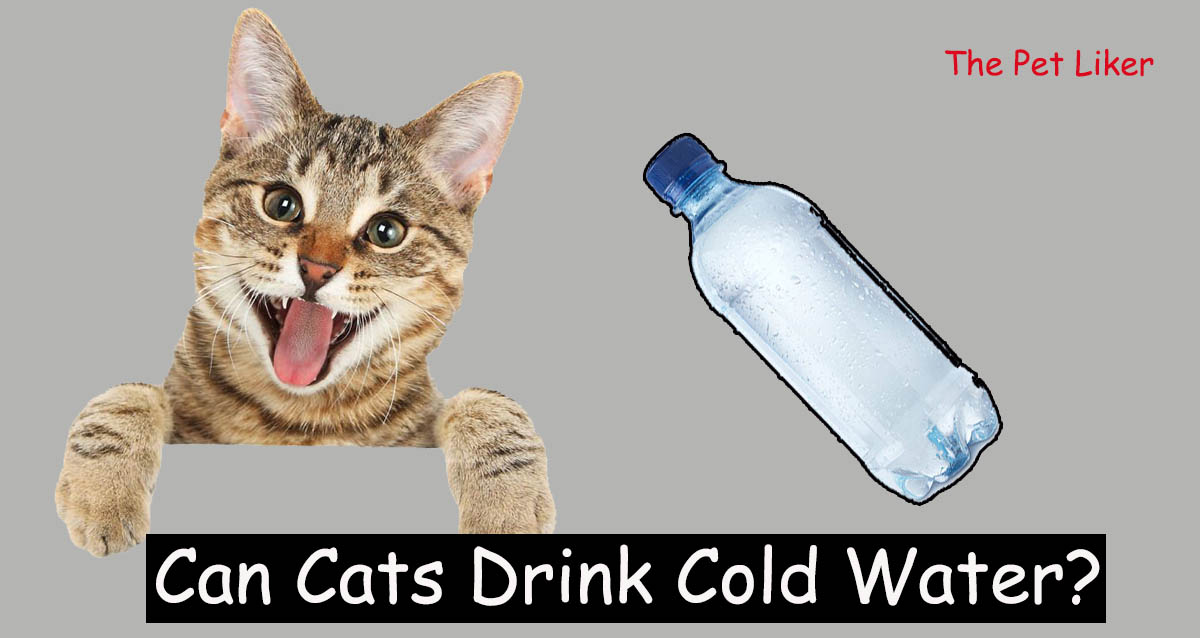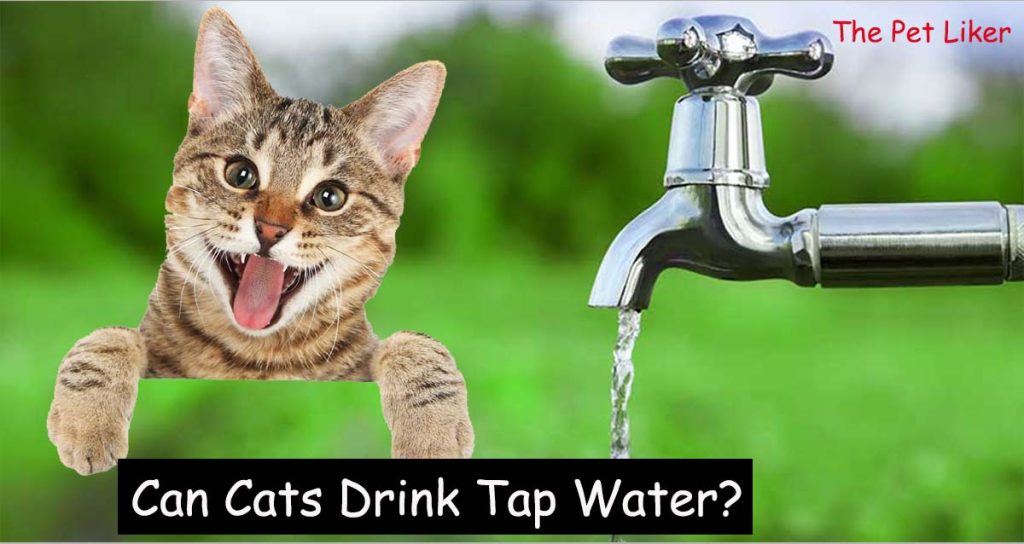Who doesn’t like cold water? Everyone does, right? Because cold water refreshes our body and mind. But, what about your feline friends?
Have you ever imagined, can cats drink cold water? Simply answered, yes, cats can drink cold water and there is no harm in it. Rather, cold water keeps your pet’s body and mind refreshed.
If you want to know more about this topic, then jump into this article right away.
Can Cats Drink Cold Water? (Explained)
As I’ve already said briefly, cats can definitely drink cold water and this is the best way to keep your cat hydrated.
Mind you, cats are not fond of keeping themselves hydrated. But it is beyond saying that drinking plenty of water is essential. So, you can offer your furry friends cold or chilled water rather than other liquid options like beverages.
You’ll be shocked to know that your cats don’t have the same thirst as other animals but that does not mean they don’t need water.
According to veteran Deborah Lindon, “there are a variety of medical conditions that benefit from a cat increasing their water intake. Some common examples are kidney disease and bladder stones or crystals.”
Also, keep in mind that cold water will not only encourage your cat to drink more water but it will also help him to be healthier and fresher. So, that’s definitely a plus point, isn’t it?
But if you offer cats a bowl with ice-cube water, they may mess it up. Some may start playing with the ice cubes or some may hurt their teeth by biting them. So, be careful about this.
Another negative part of providing too much cold water to your four-legged friend is that your feline friend may suffer from brain freeze. Although it doesn’t have any long-term health risks.
At last, we can conclude by saying that a limited amount of cold water is definitely a treat for your furry friend.
Can Cats Drink Tap Water?
As already mentioned, just like other animals, your cats also need water for hydration. Remember that your feline friend needs 200ml-250ml water approximately on a regular basis.
Now, let’s come to the main point! Yeah, cats can drink tap water but it is not ideal for them. It is not good for human beings either.
But why? Because tap water contains harmful substances like bacteria and parasites which are harmful to both animals and human beings. That’s why you must go for filtered or purified water.
Let’s gather more info about tap water that might be useful for you as a cat parent. Basically, there are two types of tap water, such as:
- Soft Water: This type of water contains sodium or salt in a massive portion.
- Hard Water: This type of water is higher in magnesium, calcium, and iron.
Some experts say that hard water is not harmful to pets. The harder the water is, the more minerals it contains.
But it is found in research that the consumption of hard water invites urinary infection in pets.
A quote from this research goes like this:
“In areas across the U.S. with higher levels of water hardness, cats’ likeliness to run into urinary health issues increases according to a recent report from Trupanion” — Trupanion – Pet Medical Insurance Study – 2016
So, after all the discussion we can say that tap water should not be given to your four-legged friends whether it is hard or soft.
Can Cats Drink Pool water?
As we all know cats have a curious nature and they want everything that they see.
Pool water is one of the things that they are fascinated with. But as a cat owner, you may wonder, can cats drink pool water?
Well, the answer to this question is a big NO. Let me elaborate on this for you.
Pool water contains chlorine. And microorganisms like algae are found in pool water and that water is not purified. Therefore, pool water is not safe for cats to drink.
However, if your feline friend is drinking preserved pool water in a tiny amount, it might not cause him any serious health issues. But drinking an ample amount or making this a regular habit will affect his health to a great extent.
There are several disadvantages of drinking pool water for your cat, like:
- Pool water may create gastrointestinal issues for your pet.
- In order to clean the pool water, cleaners are used which may put your cat at risk of anaphylaxis.
- If the swimming pool is not cleaned in a proper way, there might be the residence of bacteria and fungus. Remember, the most hazardous kind of bacteria found in pool water is E Coli which can stimulate severe illness.
Hence, we can say that pool water is not ideal for your furry friend and you should never encourage them to drink water from the swimming pool.
Benefits ✅
There are several benefits of cold water for your kitty. Some of them are listed below:
- Cold water encourages your cats to drink more water.
- Cold water refreshes the body and mind of your furry friend.
- It reduces stress and burns calories as well.
- Cold water improves the immune system of your cat.
Risks ❌
Though cold water is refreshing, it does cause some difficulties such as brain freeze for your feline friends. And sometimes excessive cold water upsets their digestive system.
Servings 🍽️
You can serve chilled water from the refrigerator to your pussy cat in a bowl in a limited amount.
Also, you can add ice cubes in their water bowls but you should be careful. Because they might create a mess while trying to play with the cubes.
Closing thoughts:
Hopefully, you have got the perfect answer to the burning question: can cats drink cold water?
To sum it all up, though cold water increases your furry friend’s drinking habit and it does serve some benefits too, cold water should not be the only option for your pets.
Rather you should encourage them in drinking other types of liquids like electrolyte supplements or meat-flavored water from trusted pet stores.
Try to be always cautious about your furry friends and choose the best things for them!
Till then goodbye!



1 thought on “Can Cats Drink Cold Water”